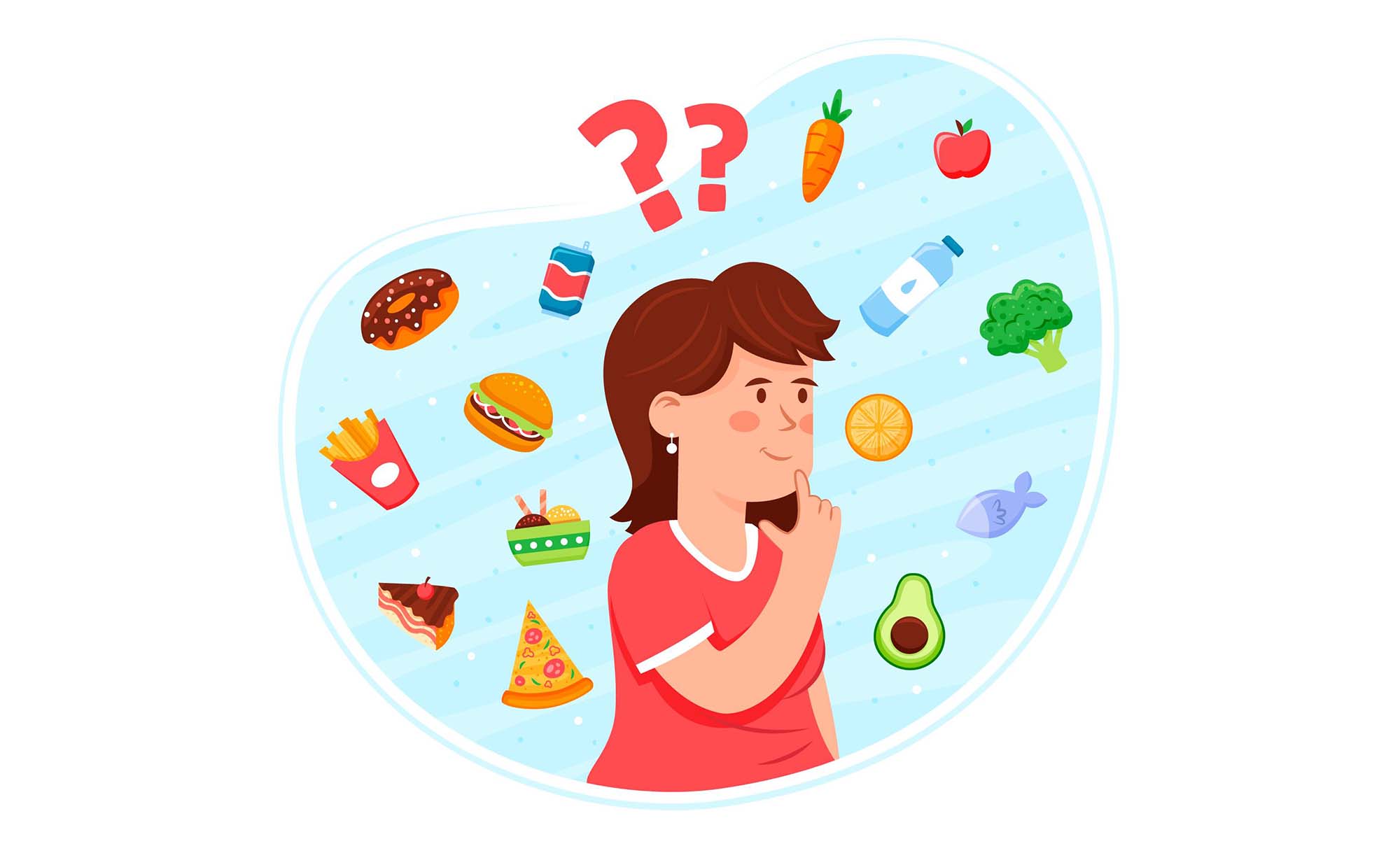Do you find yourself suffering from unexplained allergy symptoms even though you’ve eliminated common allergens from your diet? It’s time to consider the possibility that some lesser-known foods might be the culprit behind your discomfort. In this article, we will explore surprising foods that could be causing your allergy symptoms. Get ready to discover unexpected triggers and delve into a world of hidden allergens!
Unveiling Hidden Allergens: The Surprising Culprits
Food allergies can be quite perplexing, especially when you’re unable to pinpoint what’s causing your symptoms. While most of us are aware of common allergens like peanuts, gluten, and shellfish, there are lesser-known foods that can trigger allergic reactions. Let’s dive into some surprising culprits and explore why they may be causing your allergy symptoms.
The Red Flags: Trigger Foods You Didn’t Expect

1. Nightshade Vegetables
Nightshade vegetables, such as tomatoes, potatoes, eggplants, and bell peppers, may seem innocent, but they can actually be responsible for allergic reactions in some individuals. These vegetables contain a compound called solanine, which can cause skin rashes, itchy throat, and digestive issues. If you notice any discomfort after consuming nightshade vegetables, it’s essential to consider an allergic response.
2. Seeds and Nuts
While nut allergies are widely known, it’s important to recognize that seeds and certain types of nuts can also trigger allergic reactions. Pumpkin seeds, for example, contain proteins that can cause allergic symptoms, including hives and digestive problems. Sesame seeds have been gaining attention for their potential to induce severe allergic reactions. Keep a close eye on your body’s response after consuming seeds and nuts to identify any triggers.
3. Fruits
Even the sweetest and most refreshing fruits can lead to unexpected allergic reactions. You might be surprised to learn that fruits like bananas, kiwis, and cherries have been known to cause allergic symptoms. These reactions are often related to cross-reactivity with pollen allergies. So, if you’re allergic to certain tree pollens, be cautious when consuming these fruits as they might be linked to your allergic symptoms.
4. Spices
Spices add flavour and depth to our meals, but they can also be hidden sources of allergies. Cinnamon and cloves, for instance, have been reported to cause allergic reactions in some individuals. Pay attention to any unusual symptoms after consuming certain spices and consider eliminating them from your diet to see if your allergy symptoms improve.
Why do these seemingly harmless foods trigger allergies?
Allergies occur when your immune system mistakenly identifies certain proteins in foods as harmful invaders. This triggers an immune response, leading to the release of histamines and other chemicals that cause allergic symptoms. The proteins in these lesser-known allergy-triggering foods may not be as commonly recognized as those in traditional allergens, leading to delayed diagnosis and continued discomfort.
It’s important to note that everyone’s immune system responds differently, and not all individuals will develop allergies to these surprising foods. If you suspect that any of these foods may be causing your allergy symptoms, consult an allergist for proper testing and diagnosis.
“Identifying trigger foods is crucial to managing allergy symptoms effectively.” – Dr. Sarah Peterson, Allergist
Seeking Relief: Tips for Managing Surprising Food Allergies
Now that you’re aware of these hidden allergens, you may be wondering how to manage your symptoms effectively. Here are some tips for dealing with surprising food allergies:
-
Consult with an allergist: A professional allergist can help identify potential allergies and provide appropriate testing to diagnose specific triggers.
-
Keep a detailed food diary: Document the foods you consume and your body’s reactions. This can be a valuable resource for identifying hidden allergens.
-
Consider an elimination diet: Under the guidance of a healthcare professional, eliminate suspected trigger foods from your diet for a period of time and reintroduce them slowly to observe any allergic reactions.
-
Read food labels carefully: Hidden allergens can often be found in processed foods. Always read ingredient labels to ensure you’re not inadvertently consuming trigger foods.
“Managing surprising food allergies requires vigilance and awareness of potential hidden allergens.” – Dr. Emily Henderson, Allergist
Conclusion
Uncovering the hidden sources of your allergy symptoms can be the key to finding relief and improving your quality of life. By exploring lesser-known trigger foods like nightshade vegetables, seeds, fruits, and spices, you can gain a deeper understanding of what may be causing your allergic reactions. Remember to consult an allergist for proper diagnosis and personalized guidance. Armed with this knowledge, you can take control of your allergies and enjoy a more comfortable, symptom-free future.



Allergy Alert: Surprising Foods That May Be Causing Your Symptoms